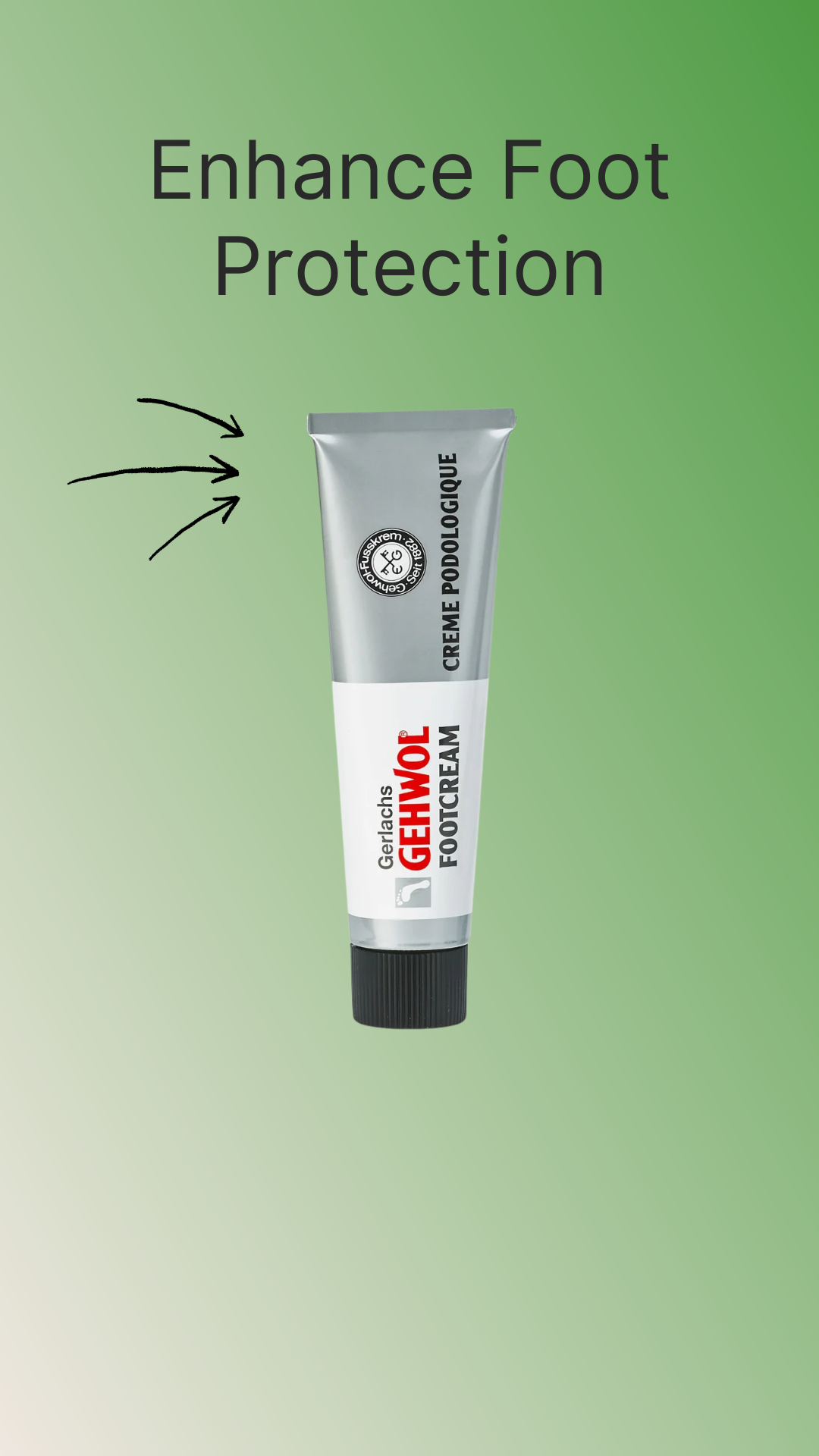Introduction
Flat feet, also known as pes planus, is a condition where the arches of the feet collapse, causing the entire sole to touch the ground. While it is common and often harmless, flat feet can lead to discomfort, muscle fatigue, and even joint problems if not properly supported. Many people in the UK live with flat feet without realising that their shoes could be contributing to pain in the ankles, knees, hips, or even the lower back.
The right footwear can make a huge difference. Orthopedic shoes designed for flat feet provide proper arch support, shock absorption, and stability, helping individuals stay active and pain-free throughout the day. In this guide, we’ll explore why flat feet require special footwear, what features to look for, and how supportive shoes can improve posture, comfort, and overall health.
Why Flat Feet Need Special Shoes
Arch Support
Flat feet lack the natural arches that act as shock absorbers. Without support, every step sends impact through the joints. Shoes with built-in arch support help distribute pressure more evenly and reduce strain.
Pain Relief & Comfort
People with flat feet often experience pain in the heels, ankles, and calves. Cushioned orthopedic shoes alleviate this by reducing pressure points and providing all-day comfort.
Better Posture & Alignment
Unsupported flat feet can cause the ankles to roll inward (overpronation), which misaligns the legs and hips. Shoes that correct alignment improve posture and reduce the risk of long-term joint issues.
Reduced Fatigue
By supporting the arches and cushioning every step, orthopedic shoes help prevent muscle fatigue, allowing people to walk longer distances without discomfort.
Key Features of the Best Shoes for Flat Feet in the UK
Firm Arch Support
The most important feature. A supportive insole lifts the midfoot, preventing collapse and reducing strain.
Wide & Stable Base
Flat feet benefit from a wide sole that prevents rolling and improves balance.
Cushioned Insoles
Memory foam or gel cushioning reduces pressure and absorbs shock.
Rocker Soles
For people with severe flat feet, rocker soles support smoother walking transitions and reduce forefoot strain.
Deep & Wide Fit Options
Accommodates orthotic insoles and provides extra space for swelling or wider feet.
Non-Slip Outsoles
Essential for stability and safety on different surfaces.
Adjustable Closures
Velcro straps allow wearers to customise the fit throughout the day, making shoes easy to put on and take off.

Everyday Benefits of Orthopedic Shoes for Flat Feet
-
All-day comfort: Reduced pain and pressure during long hours of standing or walking.
-
Better balance: Supportive soles reduce wobbling and improve stability.
-
Improved posture: Arch support corrects pronation and helps align the legs and spine.
-
Pain prevention: Reduces risk of developing secondary issues like plantar fasciitis or shin splints.
-
Confidence in movement: Supportive shoes encourage wearers to stay active and mobile.
Lifestyle Scenarios
-
Workplace comfort: Teachers, nurses, and retail workers with flat feet benefit from cushioned, supportive shoes during long shifts.
-
Daily errands: Supportive shoes make grocery shopping, commuting, or walking to appointments more comfortable.
-
Exercise & walking: Proper footwear allows people with flat feet to enjoy light activity without worrying about pain.
-
Elderly wearers: Seniors with flat feet gain extra safety from stable, supportive soles that reduce fall risks.
FAQ – Shoes for Flat Feet
Q: Can flat feet cause back pain?
A: Yes, lack of arch support can misalign the body, leading to knee, hip, and back discomfort. Supportive shoes help reduce this risk.
Q: Do all people with flat feet need orthopedic shoes?
A: Not everyone, but those experiencing pain or fatigue benefit greatly from shoes with proper arch support.
Q: Are insoles enough, or do I need special shoes?
A: Insoles help, but orthopedic shoes designed for flat feet provide a more stable base, better cushioning, and long-term comfort.
Q: Can children with flat feet use orthopedic shoes?
A: In many cases, yes—supportive footwear can encourage proper foot development. Always consult a healthcare professional for children.
Q: Are rocker soles good for flat feet?
A: Yes, rocker soles can help reduce strain on the forefoot and improve walking efficiency for people with severe flat feet.
Q: What should I avoid if I have flat feet?
A: Avoid flimsy shoes, high heels, or footwear without arch support, as they can worsen discomfort and cause long-term issues.
Final Thoughts
Flat feet may seem like a minor issue, but without the right support, they can affect posture, comfort, and overall mobility. The best shoes for flat feet in the UK combine arch support, cushioning, and stability to help wearers walk confidently and comfortably throughout the day.
By choosing orthopedic shoes with firm arch support, cushioned insoles, and wide stable soles, people with flat feet can reduce pain, prevent fatigue, and avoid secondary health problems. For anyone struggling with flat feet, investing in supportive footwear is one of the best steps toward improved comfort, independence, and quality of life.



